Science and evidence-based action is essential to achieving our mission. Therefore, we ground our work in the latest research, which we evaluate for effectiveness then share with confidence. An integral component of this is BC2M’s Scientific Advisory Council, which is comprised of an acclaimed team of experts in the fields of stigma and discrimination associated with mental illness.
Scientific Advisory Council
-

Margarita Alegría, Ph.D.
Chief, Disparities Research Unit, Massachusetts General Hospital
-
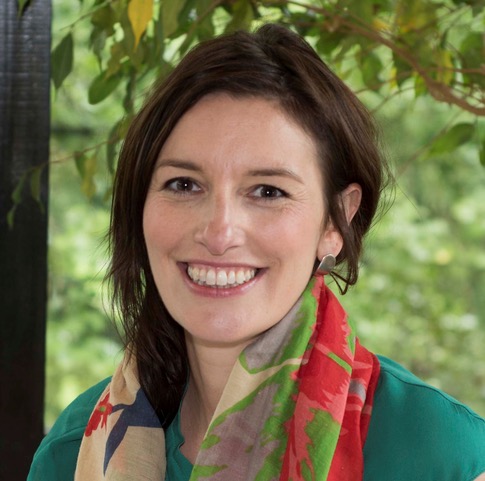
Dr. Sara Evans-Lacko
Associate Professorial Research Fellow at the London School of Economics and Political Science, Care Policy and Evaluation Centre
-

Lynn E. Fiellin, M.D.
Professor of Medicine (General Medicine), Yale Child Study Center, and Public Health (Social and Behavioral Sciences)
-

Adam Gazzaley, M.D., Ph.D.
David Dolby Distinguished Professor of Neurology, Physiology and Psychiatry at the UCSF, and the Founder & Executive Director of Neuroscape at UCSF. Dr. Gazzaley is co- founder and Chief Science Advisor of Akili Interactive, Sensync and JAZZ Venture Partners
-
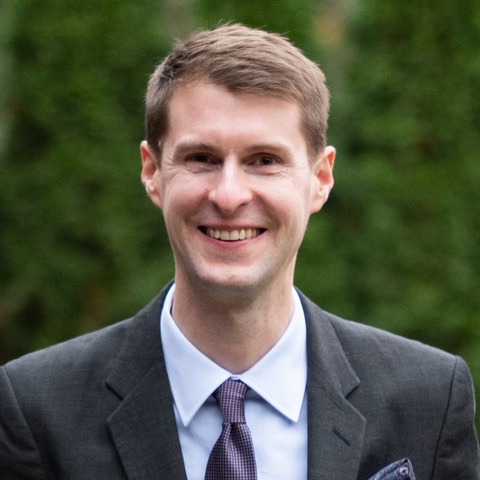
Mark L. Hatzenbuehler, Ph.D.
John L. Loeb Associate Professor of the Social Sciences, Department of Psychology, Harvard University
-

Sara Hickmann, Ph.D.
Clinical and Performance Psychologist, Behavioral Health / Human Performance Program, Naval Special Warfare Group ONE
-
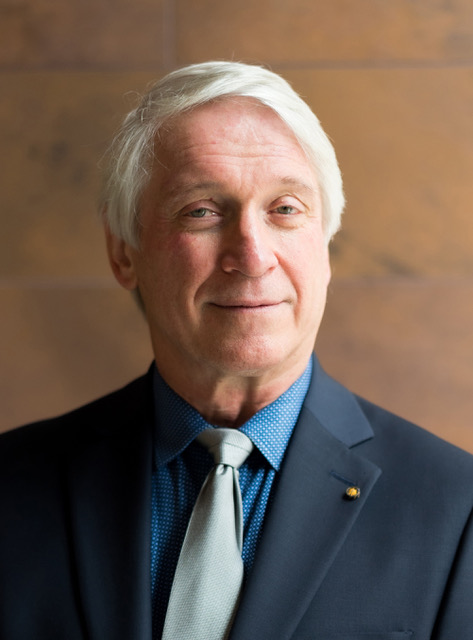
Stephen Hinshaw, Ph.D.
Co-Chair, Scientific Advisory Council
Distinguished Professor, Department of Psychology, University of California, Berkeley
-

Bernice Pescosolido, Ph.D.
Co-Chair, Scientific Advisory Council
Director, Indiana Consortium for Mental Health Services Research, Indiana University
-

Drew Ramsey, M.D.
Department of Psychiatry, Columbia University
-

Elyn Saks, J.D., Ph.D.
University of Southern California Gould School of Law
-
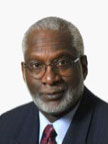
David Satcher, M.D., Ph.D.
Director, The Satcher Health Leadership Institute
-
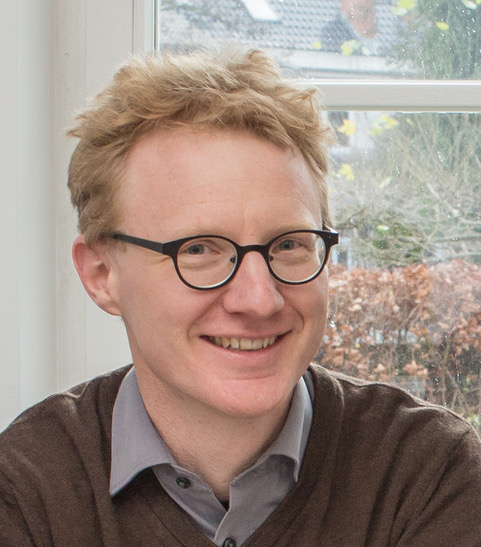
Georg Schomerus, M.D.
Full Professor of Psychiatry at University of Leipzig, Germany, and Chair of the Department of Psychiatry and Psychotherapy at University of Leipzig Medical Center
-
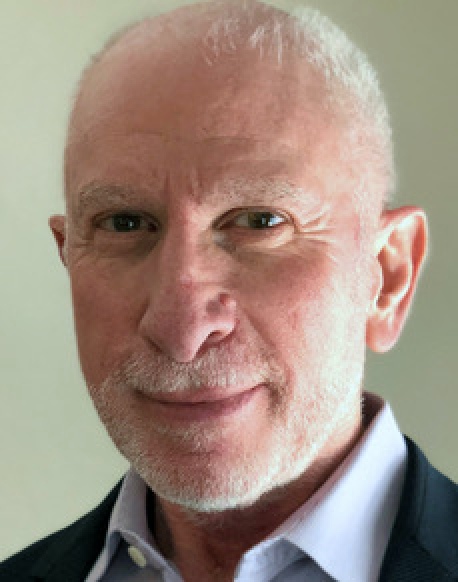
Lloyd Sederer, M.D.
School of Public Health, Columbia University
-

Ruth Shim, MD, MPH (she/her)
Luke & Grace Kim Professor in Cultural Psychiatry. Department of Psychiatry & Behavioral Sciences. Associate Dean of Diverse and Inclusive Education. University of California, Davis School of Medicine
-

Heather Stuart, Ph.D.
Bell Canada Chair in Mental Health and Anti-Stigma Research, Queen’s University, Ontario
-

Dr. Lawrence Yang
Vice Chair and Associate Professor of the Department of Social and Behavioral Sciences at NYU- School of Global Public Health

